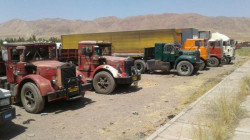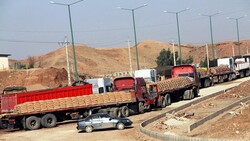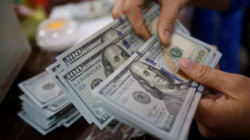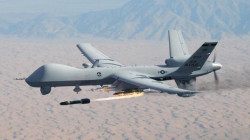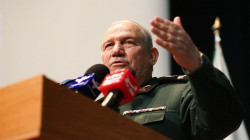Report suggests Iraq is divided between US Coalition and becoming "Iranian Proxy State"
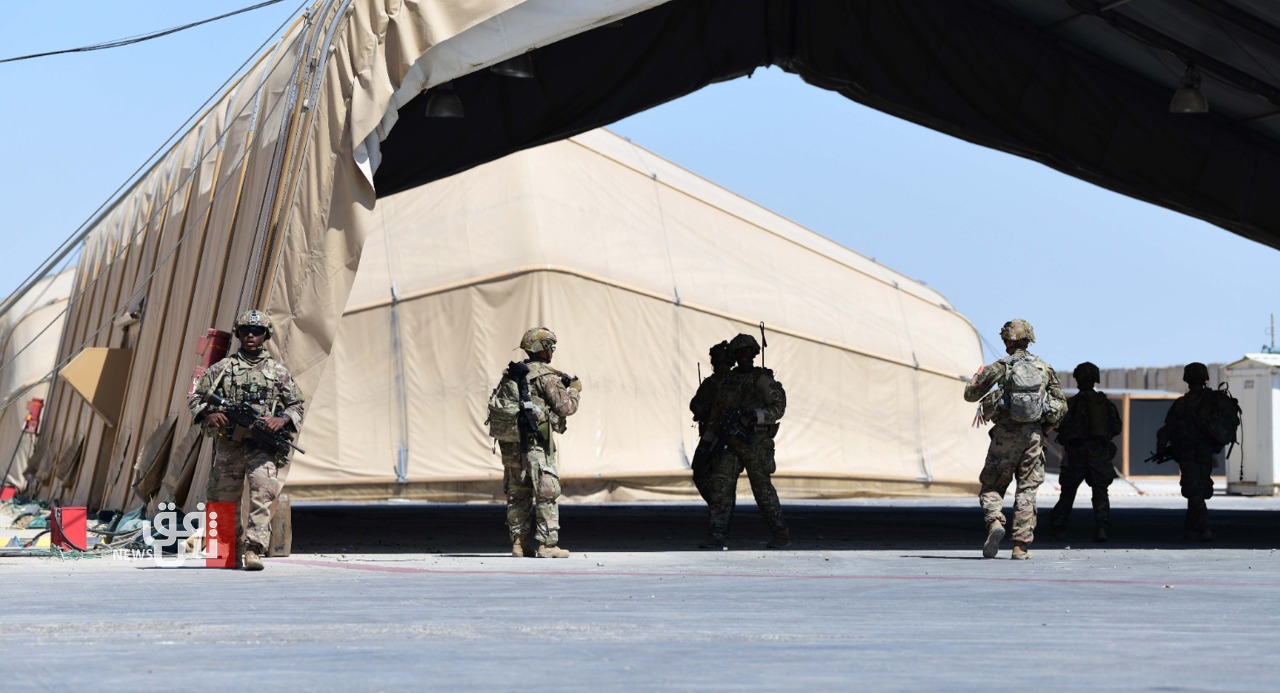
Shafaq News/ Iraq needs a strong ally like the US to face a potential ISIS rebirth. However, the government is trying to balance its ties with both the US and Iran by passively allowing Iran to maximize its power among Shia militias in the country
Five years ago, ISIS was defeated by a global coalition and its local partners in the controlled territory of Baghuz, Syria. This marked the final territorial defeat of the terrorist organization in its last remaining Iraqi stronghold.
Between 2014 and 2017, ISIS lost 95% of the territory it once controlled, thanks to the cooperation between the international community’s military and economic investments and Iraqi security forces. By July 2017, Mosul was once again under Iraqi government control. However, the country still had to regain stability after years under ISIS’s grip.
Today, despite being almost fully liberated from the ISIS threat, Iraq still faces problems, particularly repatriating the 1.1 million people who were internally displaced by ISIS. They currently live in refugee camps or have been forced to resettle elsewhere due to continued fighting among various local militias.
“In Sinjar [Iraq], Turkey and local militias, which are considered to be affiliated with the PKK, are still fighting. Other places in southwest Baghdad are still under the control of the militias, and those areas are practically depopulated. People are not allowed to go back home, and they make up about 3% of Iraq’s population,” Omar al Nidawi, a Middle East analyst focusing on Iraqi political, security, and energy affairs, told The Media Line.
The difficulties involved in repatriating the displaced people are partly due to the existence of unexploded munitions that remain in certain areas throughout the country, numerous cities that were completely destroyed, and pollution caused by past ISIS activities.
Another big problem for Iraq nowadays is its economic instability. More than 90% of the government’s revenue comes from oil, leaving the country dependent on global prices and fluctuations within the market.
“If oil prices were to drop to $60 a barrel, Iraq is going to be in deep trouble. It will be impossible to pay all the necessary state services as well as people’s wages,” al Nidawi explained further.
“The country’s economy is still very weak. The government is the biggest employer in Iraq, and without real growth, especially within the private sector and its capacity to create jobs, it is almost impossible for the government to employ all the people in need. This is why Iraq may face another economic crisis in the next few years,” he added.
In addition to the refugee repatriation issue and dire economic situation, Iraq faces another big challenge: rampant corruption. “Corruption is almost entirely taking hold of the Iraqi government and civil service. This applies to the Kurdish region as well,” Urban Coningham, a Research Fellow at RUSI, told The Media Line.
Despite these serious issues, ISIS has not been able to regain power in Iraq. The terrorist group has, instead, gained more strength in the Sahel region of Africa, which stretches along Niger, Mali, and some parts of Burkina Faso. ISIS is also gaining strength in Afghanistan and Central Asia.
“We should never underestimate ISIS’s influence and ideology, but compared to the past years, we see today that Iraq’s security forces are much stronger. In Iraq, the terrorist group is weaker than ever,” al Nidawi asserted.
“In the past, ISIS gained strength due to the civil war in Syria, the lack of US support, the corrupted environment, and the incompetent political leadership at the time. So, it is very difficult today that this scenario may return, but it is never impossible,” he added.
“Moreover, the militants are way less numerically speaking than in the past, and they also face shortages of weapons and resources,” al Nidawi concluded.
Despite no longer having their caliphate, ISIS militants are still being recruited worldwide, especially in Western countries, as lone wolves, and this is becoming a common trend.
“The power of this organization is to have influence outside the Middle East. They gain power from terrorist attacks in Europe and America, as we have seen in Moscow. Paradoxically, the threat of ISIS has to be monitored more in the West at the moment,” Florian Hartleb, a political scientist and managing director of Hanse Advice in Tallinn, Estonia, told The Media Line.
Today, Iraq is aware that they need a strong ally, such as the United States, to face a potential future ISIS rebirth. Such an ally will help the country maintain control over its territory and gain expertise in intelligence and counterterrorism. It will also help them ensure economic growth.
“Despite Iraq’s call for US withdrawal, this cannot be possible. NATO is also in Iraq, and they want to keep their position there to counterbalance Iran’s influence in the country. Iraq is becoming a proxy of Iran. This is why the US wants to strengthen daily diplomatic relations with Iraq,” Coningham said.
However, Iraq’s government is trying to balance its ties with both the US and Iran. The government is passively allowing Iran to maximize its power among the Shia militias in the country. This is because the current conflict within the MENA region may lead to significant changes that will shape Iraq’s future.
According to Coningham, “There is a general turn among Middle Eastern countries towards Iran, which began even before the current war between Israel and Hamas. The elephant in the room that seems to be forgotten is that Iran is very close to acquiring nuclear weapons. This will create a domino effect and an arms race in the Middle East. This won’t be only a regional problem, but an international one.”
By Giorgia Valente for the Medialine
Disclaimer: The views presented by the author do not necessarily reflect the official standpoint of Shafaq News Agency
